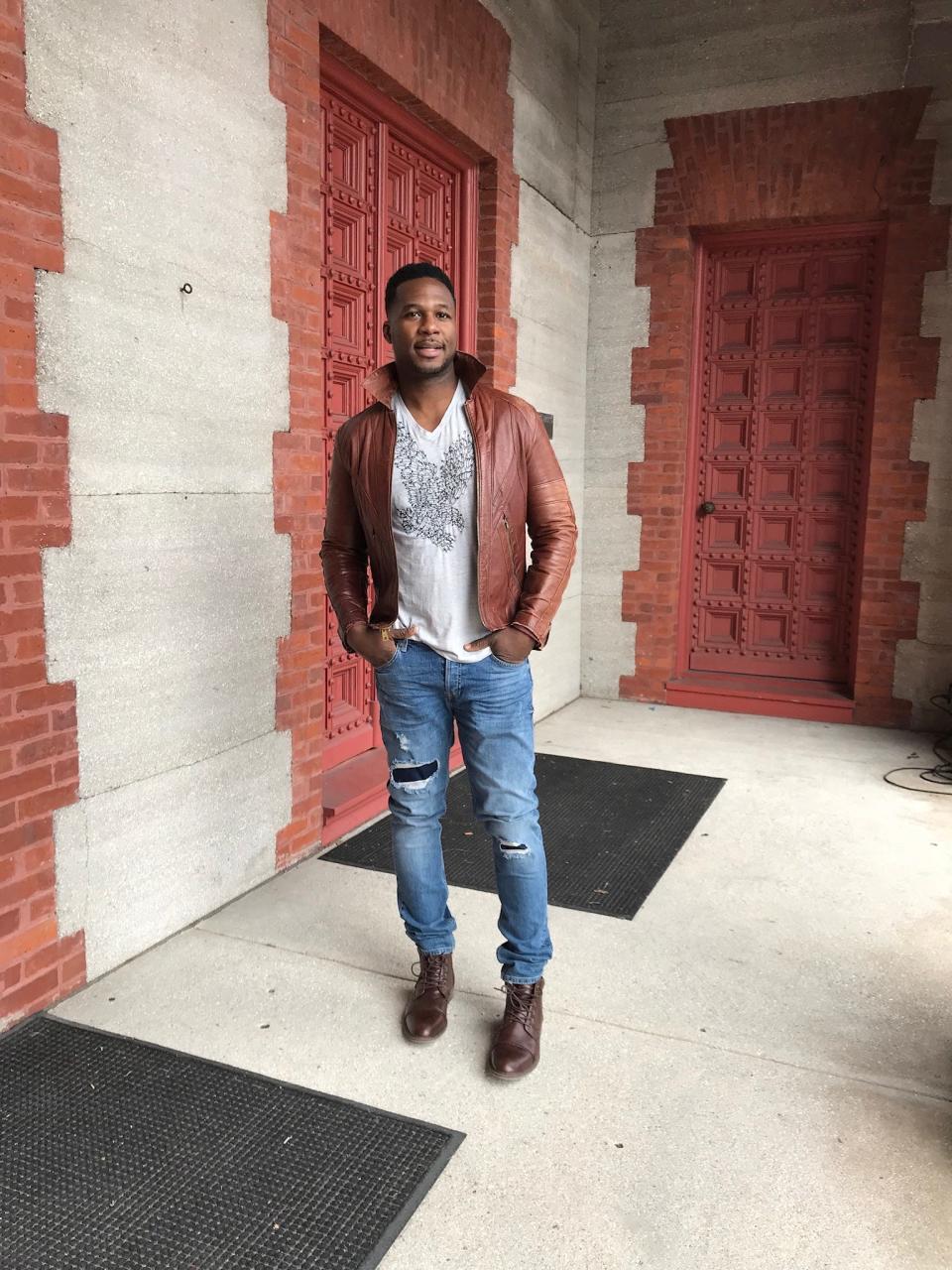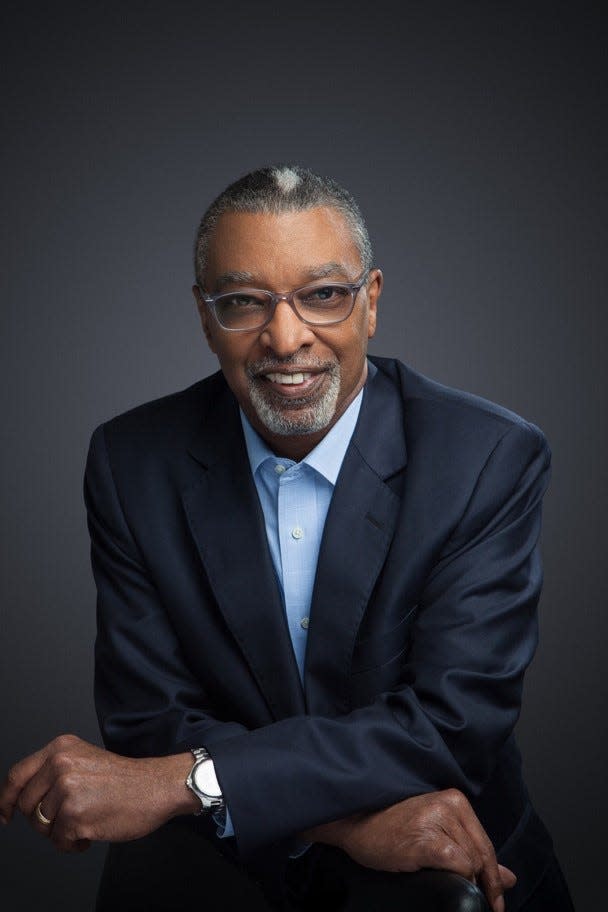Juneteenth and July 4th are complementary independence days that we should all celebrate
- Oops!Something went wrong.Please try again later.
Barely two weeks ago, we celebrated Juneteenth as a national holiday for the first time. This weekend, we celebrate Independence Day for the 245th time.
At first glance, these celebrations might seem at odds. Can you celebrate Juneteenth without feeling at least ambivalence about July 4th?
This interpretation oversimplifies Juneteenth while betraying the totality of American history. And it presents false choices – either you are for racial justice or you love America, either you must deny there’s a problem or deny our country’s ideals.
But if you love America and all it stands for, then you love justice, and that encompasses racial justice. The way we see our history informs how we meet today’s challenges. Do we see only the problems? Or do we see the solutions we have created to address them, time and again, over nearly 2 1/2 centuries?
Dream of a just society born in 1776
If we want to heal America, we ust start with two premises – that America needs to be healed, certainly, but also that America can be healed, that we have the capacity to right our own wrongs.
We all know that a just society did not magically spring into being on July 4, 1776. But the dream of such a society was given life that day and grew in the revolutionary days that followed. It’s a dream that all people of goodwill share. It is, like Dr. Martin Luther King Jr.’s dream, "deeply rooted in the American dream."
Frederick Douglass, in his famous 1952 oration, "What to the Slave is the Fourth of July?" noted that “the distance between this platform and the slave plantation, from which I escaped, is considerable.” Speaking to the white people of Rochester, New York, he referred to the Declaration of Independence as “the very ring-bolt in the chain of your yet undeveloped destiny.”

Juneteenth represents a partial realization of that destiny.
Making that celebration a federal holiday reaches across the considerable divide that has existed between Juneteenth and July 4th, between the dream and the reality. And it presents us an opportunity to share stories of the beauty that has arisen from the ashes of our past.

Far from being a challenge to the traditions of Independence Day, recognition of Juneteenth binds traditions that might appear divergent but in fact share a deep devotion to the American ideal, to the notion that freedom comes with responsibilities as well as with rights.
Learning History: Our children deserve to know the truth. Honest education can't leave out race and racism.
As Douglass noted, the colonists who stood against the British and made Independence Day possible “were accounted in their day, plotters of mischief, agitators and rebels, dangerous men."
In his day, Douglass was also considered a dangerous man by many, as was Abraham Lincoln. Like Douglass, Lincoln saw the Declaration of Independence and its fundamental assertion that all men are created equal as the "standard maxim for free society." In Rochester, Douglass called the principles of the Declaration “saving principles” and urged his audience to “stand by those principles, be true to them on all occasions, in all places, against all foes, and at whatever cost.”
Promises give way to birth of hope
Juneteenth and the Fourth of July are both independence days. They are not in opposition but complementary. They can be seen as the poles of a continuum, running from Revolution to Civil War, from a promise made to the birth of hope that the promise might be fulfilled.
Douglass told his listeners that “above your national, tumultuous joy, I hear the mournful wail of millions.” He painted a bleak picture, and rightly so. But he closed on a hopeful note. “Notwithstanding the dark picture I have this day presented of the state of the nation,” Douglass declared, “I do not despair of this country.”
New Juneteenth holiday: This is America's chance to explore racial slavery and its lasting impact
As we address today’s challenges of racial injustices – from the criminal justice system to educational and economic opportunity and more – we need to hold fast to our foundational principles, in all places, against all foes.
We do not despair of this country. And neither do any other plotters of mischief, agitators, rebels or dangerous men and women who celebrate Juneteenth and Independence Day with equal joy in our hearts and equal hope for the future.
DeForest “Buster” Soaries is co-chair of Heal America and founder and CEO of dfree®. Robert Randolph (@rrtfb) is a Grammy-nominated artist whose family foundation hosted the inaugural Juneteenth Unityfest last month.
You can read diverse opinions from our Board of Contributors and other writers on the Opinion front page, on Twitter @usatodayopinion and in our daily Opinion newsletter. To respond to a column, submit a comment to letters@usatoday.com.
This article originally appeared on USA TODAY: July 4th and Juneteenth: Independence. freedom, America healing itself

